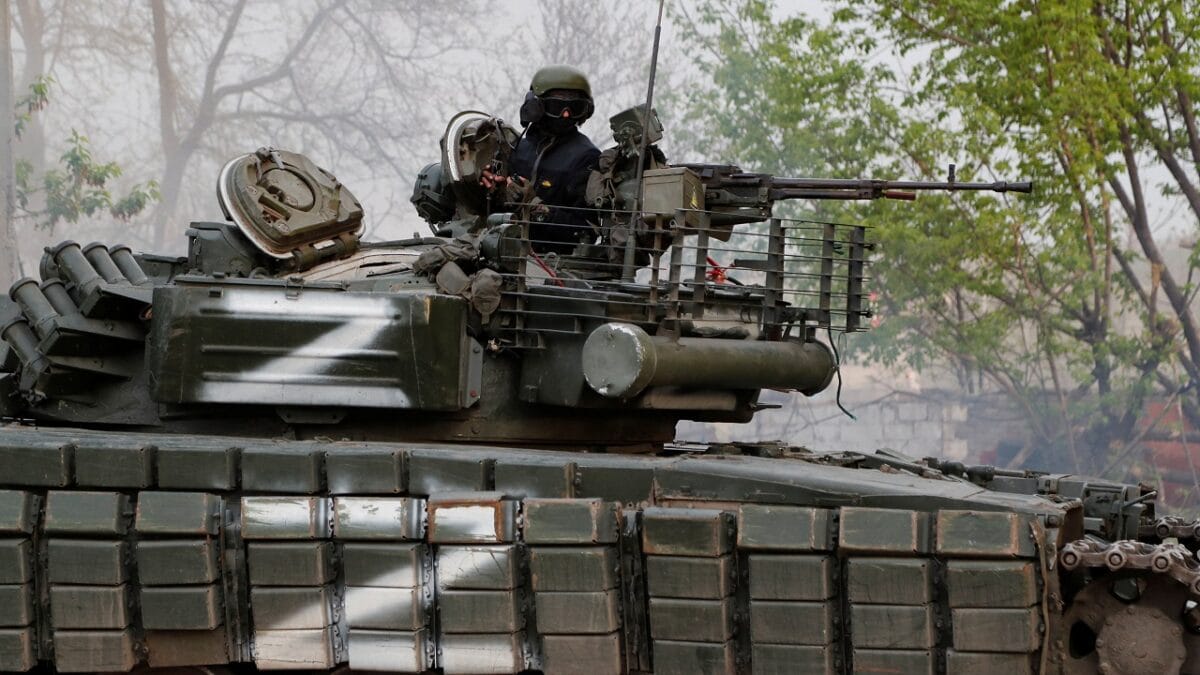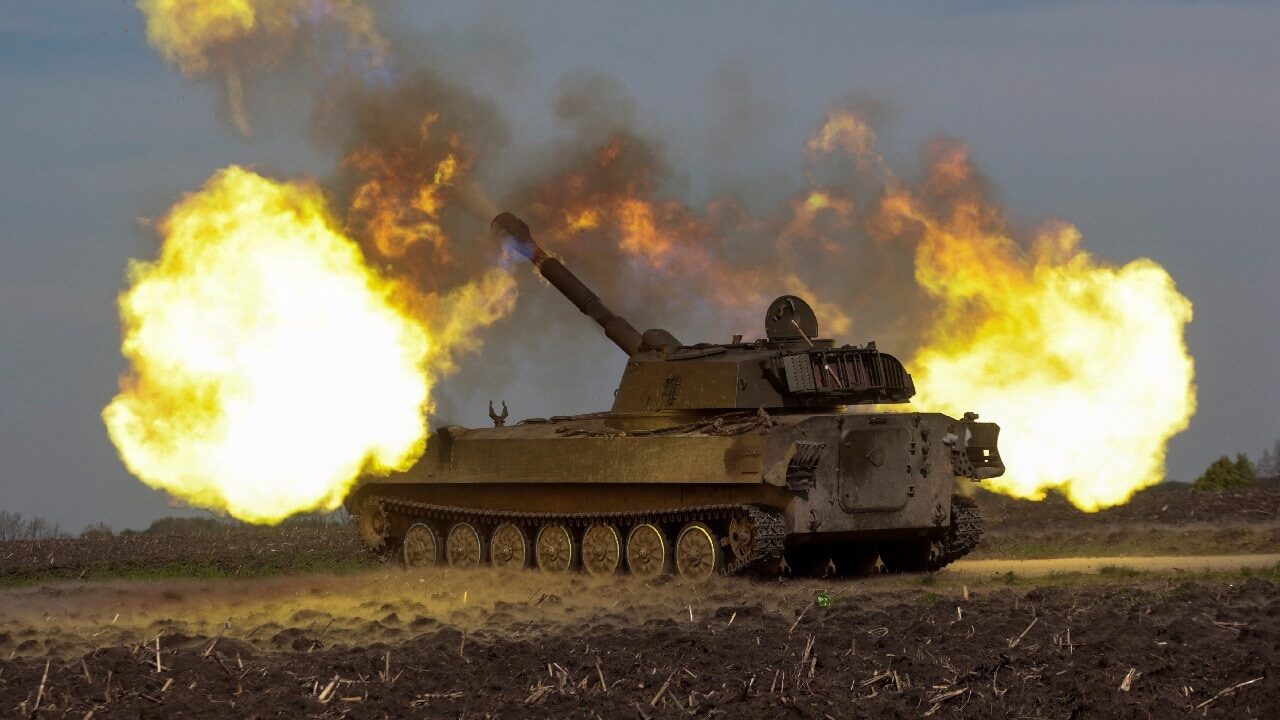In an intelligence update published on Sunday, Britain’s Ministry of Defence accused Russian President Vladimir Putin of lying about how much grain had left the southern ports of Ukraine in recent weeks, and where the grain went.
Putin’s comments come as five more ships loaded with more than 90,000 tons of Ukrainian agricultural product left the Odesa port in recent days. The departure of the ships was announced by the Ukrainian Infrastructure Ministry in a statement that also revealed the ships were sailing to African and European countries. It brings the total amount of grain exported from Ukraine since Russia agreed to allow the ships to leave to 2.6 million tons.
What Putin Claimed
The British Ministry of Defence noted in the latest intelligence update that Vladimir Putin claimed on September 7 that just 60,000 tons of grain exported from Ukraine had been sent to developing countries and that the majority of the grain had actually been delivered to European Union member states.
Putin made the claim while speaking at an economic forum in Vladivostok in the far-east of Russia on Wednesday. The Russian president claimed that out of the 87 grain ships that have left Ukraine, only two carried grain for the World Food Programme, a United Nations aid organization that aims to improve food security in some of the world’s most impoverished nations.
“The West cheated the public and partners in Africa and other regions who acutely need food,” Putin claimed. “They were claiming that they were acting in the interests of developing countries, but acted entirely in their own interests.”
British intelligence officials, however, argued that Putin was not telling the truth.
“Putin’s claim is not true,” the update continued. “According to UN figures, around 30% has been supplied to low and middle-income countries in Africa, the Middle East and Asia.”
Officials also accused Putin of pushing a “deliberate misinformation strategy” to “deflect blame for food insecurity issues, discredit Ukraine and minimize opposition to its invasion.”
What’s the Truth?
Putin was only right about one thing. Technically, a very small amount of the grain that has left Ukraine has been distributed as part of the World Food Programme, with only three ships chartered by the organization so far.
That does not mean, however, that countries in need have not received the grain they need to avoid a food crisis. As noted by the British government, 30% of the grain leaving Ukraine has reached countries in need so far. The World Food Programme also announced that 23,000 tons of grain from one ship that docked at the port of Djibouti on August 30 will be distributed to areas of Ethiopia and Somalia impacted by drought.

A service member of pro-Russian troops is seen atop a tank during fighting in Ukraine-Russia conflict near the Azovstal steel plant in the southern port city of Mariupol, Ukraine May 5, 2022. Picture taken May 5, 2022. REUTERS/Alexander Ermochenko
That one shipment is enough to feed 1.5 million people for a month.
Jack Buckby is a British author, counter-extremism researcher, and journalist based in New York. Reporting on the U.K., Europe, and the U.S., he works to analyze and understand left-wing and right-wing radicalization, and reports on Western governments’ approaches to the pressing issues of today. His books and research papers explore these themes and propose pragmatic solutions to our increasingly polarized society.

